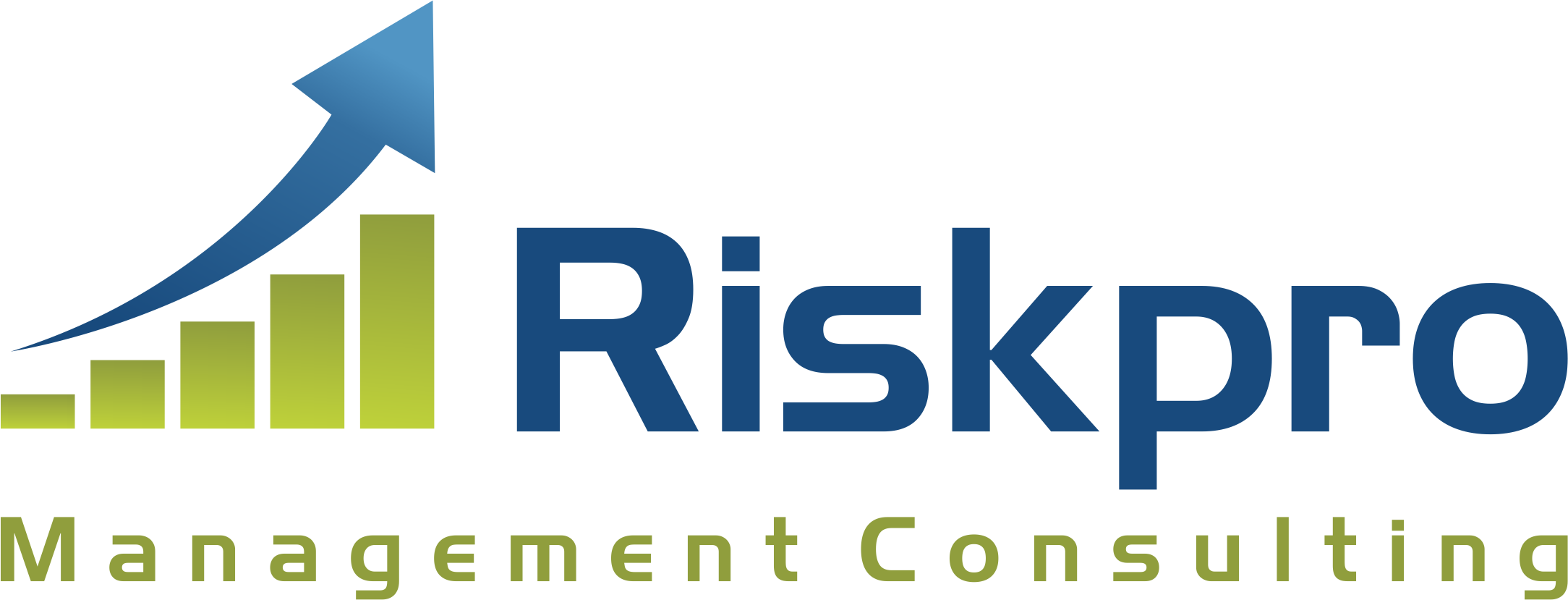Regulatory Compliance in today’s corporate world has become most significant in recent times. Regulatory Compliance means checking whether an organization complies with the regulations applicable to it. Nowadays the scope of Regulatory Compliance is rising due to an increase in the number of frauds and non-compliance violations. Riskpro which leads the regulatory technologies movement in India has designed multiple tools to assist a number of constituents.
Financial Institutions are bearing huge monetary losses due to the growing demand for compliant transactions. Recently Credit Suisse paid $30 Million to settle FCPA offenses. Companies are bearing huge costs for compliance procedures. So in recent times, a new concept of Regtech (Regulatory Technologies) has come into the limelight.
What is Regulatory Technologies or Regtech?
Regtech means to develop a product that uses Information Technology and helps financial institutions to enhance their regulatory processes. Regtech is now an emerging field because of many benefits like
- Low-cost compliance process
- Combating Money Laundering
- Avoidance of non-compliance costs like huge fines
- Efficient compliance management
- Improvement in Corporate Governance
- Transparency in Transactions
- Improving the data quality
Besides these Regulatory Technologies are agile, fast, and speedy and help to create a simple solution for complex data. It is a technology that allows firms to easily adapt to the pressure of increasing regulatory requirements while being cost-effective and secure. This technology will allow companies to automate the process of monitoring data and ease the reporting process to regulatory bodies.
Regulatory Technologies for Banking
In India Regtech solutions can be widely useful to almost all sectors as the requirement of compliance is universal. But the most beneficial sector is the Banking Sector. For the Banking Sector, the most challenging part of regulatory compliance is KYC compliance and Risk mitigation. KYC/AML compliance is for Account holders whereas Risk mitigation is for borrowers.
In both these areas, Regulatory Technologies can provide the best solutions to banks.
Regtech can provide real-time monitoring of activities and background verification checks. Banks with the help of Regtech can identify heightened-risk entities.
Apart from financial institutions, Regtech solutions can be very useful because of the increased actions of the Regulators like the Securities Exchange Board of India (SEBI) and enforcement actions by the Enforcement Directorate. Due to the increase in non-compliance activities, there is an increase in money laundering and related frauds in financial institutions, the stock market, etc.
To prevent the rising rate of fraud and money laundering activities, regulators in India must think of adopting Regtech solutions which can really provide accurate models.
Regtech for Mergers
Large Acquisitions and mergers are taking place in India nowadays. In 2017 Vodafone-Idea merger took place and it was one of the biggest mergers in recent times. It is important for investment companies to conduct a due diligence process of the company in which it is investing. Besides due diligence, Regulatory compliance is also an important factor for both acquirer and the acquiree company. Regtech can come to the rescue of such Companies. Regtech solutions can provide regulatory risk analysis tools which can save a lot of time in the due diligence process. This also reduces the cost incurred in such a process.
Technology Adoption in Regtech
Regtech solutions are developed by various technologies like Machine Learning, Big Data Analytics/Data Mining, Cloud Computing, and Artificial Intelligence. Inputs for these solutions are mostly big data sets.
- Machine Learning- It is the ability of Computer Systems to recognize complex patterns, to build relationships using large unstructured datasets. Machine Learning can be a useful tool for risk management. It can be used to identify risk factors in data. Self-learning and risk models can be fed with large datasets and can be used to diagnose market risk factors accurately. A prediction analysis tool can be built by use of Machine Learning, in which the tool will predict the risk factors in the data.
- Data Analytics/Data Mining- This method is generally used to create a structured format for big unstructured data. Nowadays structuring the collection of a complex and large number of data has become challenging for financial firms. Hence Data Mining is widely adopted. It is now being used to identify suspicious activity holistically and on a real-time basis which helps combat financial crime. It is also used to analyze large datasets of client activities to detect unusual patterns.
- Cloud Computing- It is a delivery of computing services such as servers, storage, databases, networking, etc. over the internet(‘Cloud’). Cloud Computing helps financial firms to be more flexible and adaptive to changes in regulatory requirements. Through cloud-based services, standardized utilities are established. These utilities perform various functions such as risk mitigation, compliance, and reporting functions including Know Your Customer (KYC). Such utilities are managed by third parties and Financial Institutions are given access to these utilities. Such applications are updated quickly i.e. when a new regulation is introduced or when existing regulation is amended, if related to such utility then it is updated immediately.
- Artificial Intelligence- It is an area where intelligent machines are created. AI in Regtech is still a topic of discussion but this particular program can be used in various ways. Artificial Intelligence can be used in risk assessment, and prevention of money laundering, to mitigate and solve risk and compliance issues. AI is actually a very vast field and is still under development. Many software companies are chasing AI and so are Regtech companies.
By using and adopting the above technologies following tools can be created in the compliance field by Regtech companies.
- Regulation Gap Analysis Tools
- Compliance Universe Tools
- Transaction Reporting Tools
- Regulatory Reporting Tools
- Activity Monitoring Tools
- Transaction Monitoring Tools
Riskpro Technology which is one of the leading Regtech companies in India helps in building these tools for Financial Institutions. Please check our PEP API documentation here

